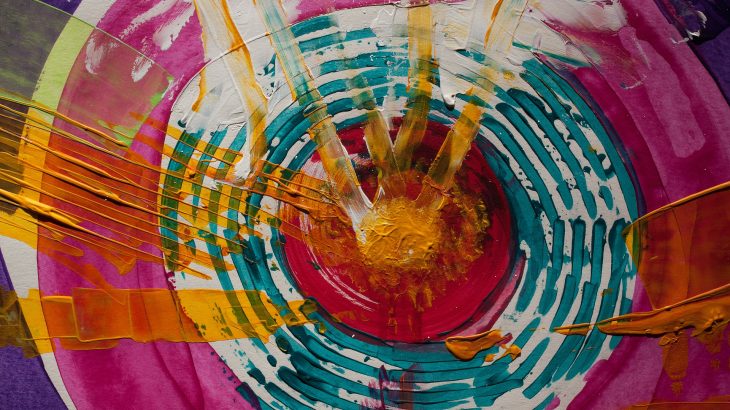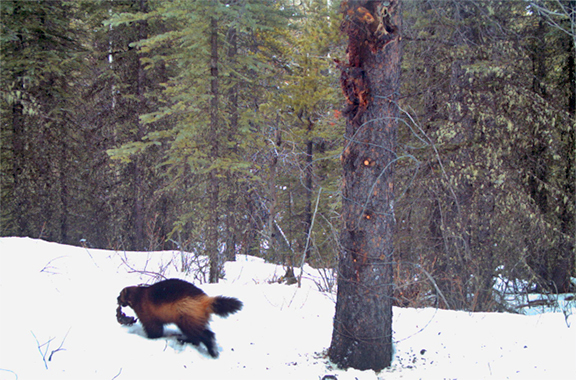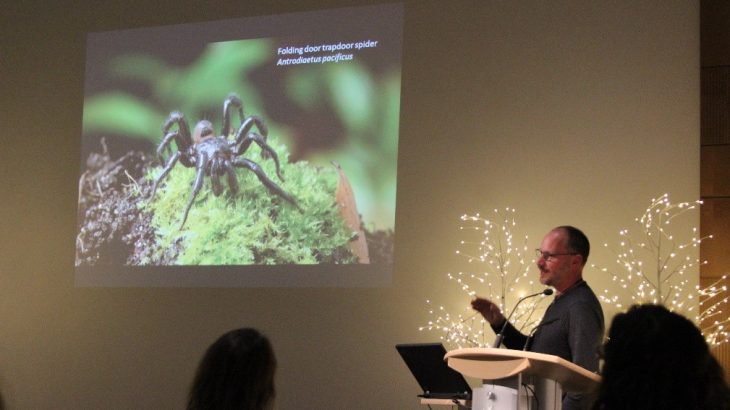
Farah Qaiser, Policy & Politics co-editor Throughout 2017, gender, diversity and inclusivity in science, technology, engineering and mathematics (STEM) fields has been a contentious topic. The Naylor Report marked it as an issue that needs immediate attention in academic circles, and this year’s male-dominated Nobel prizes, followed extensively in the news, underscored the problem. The […]







